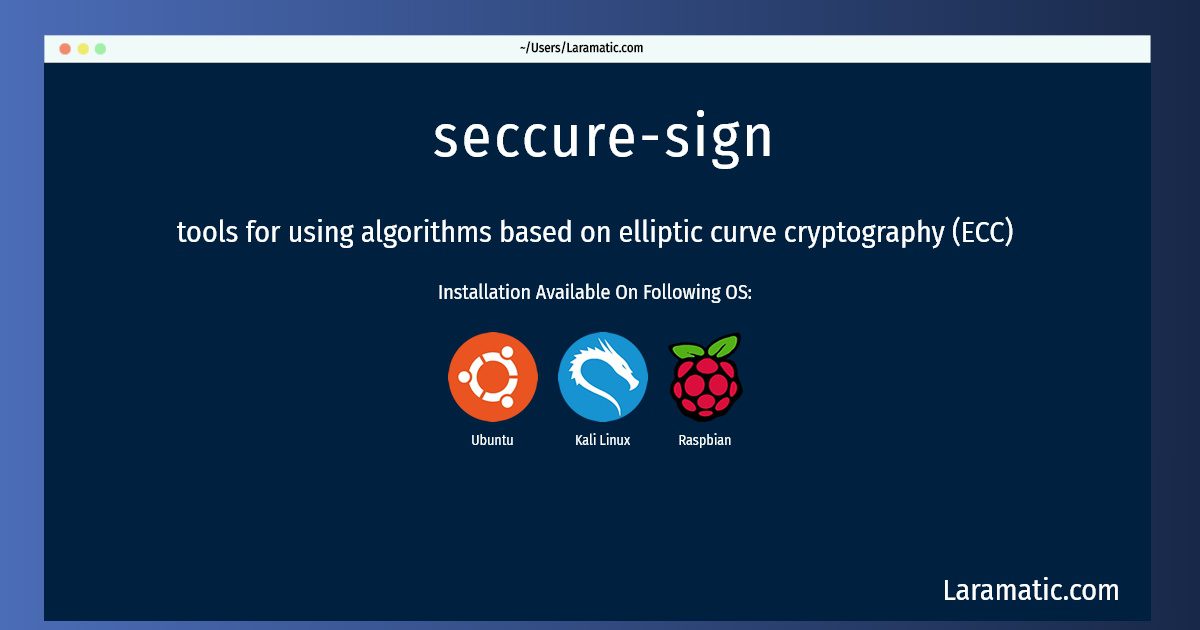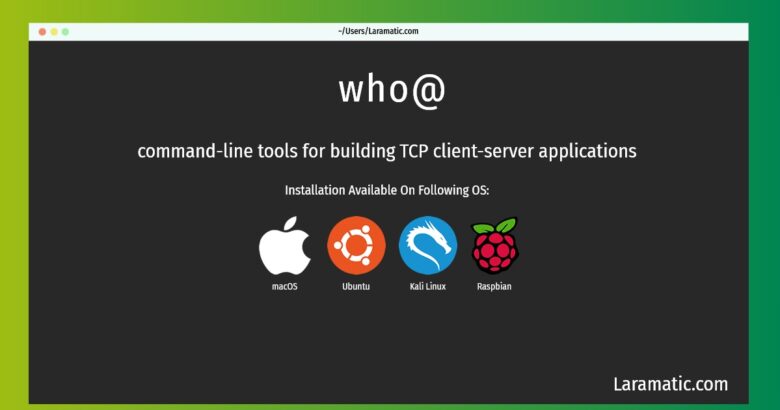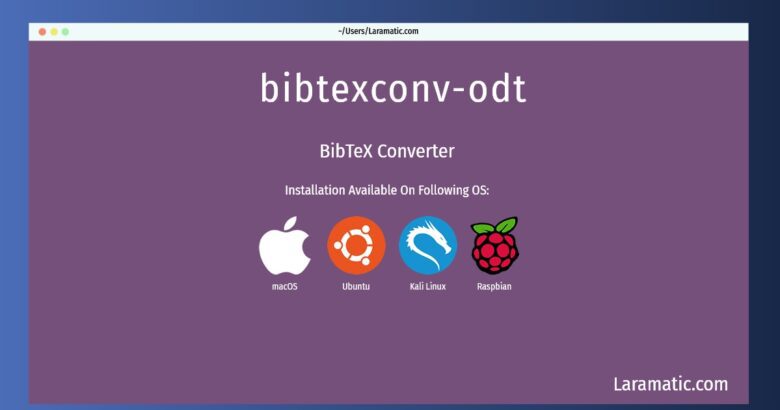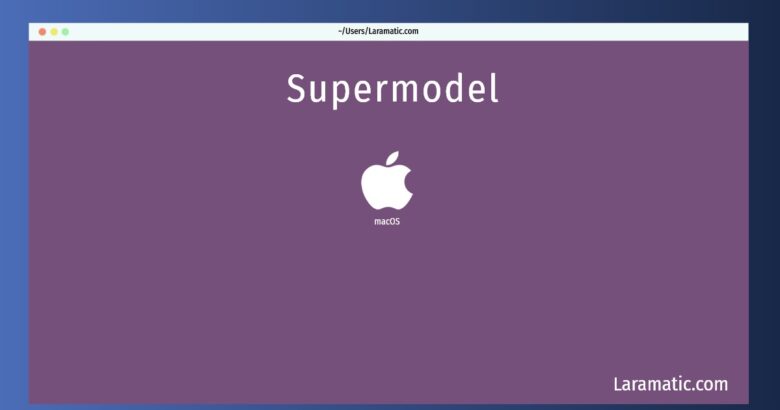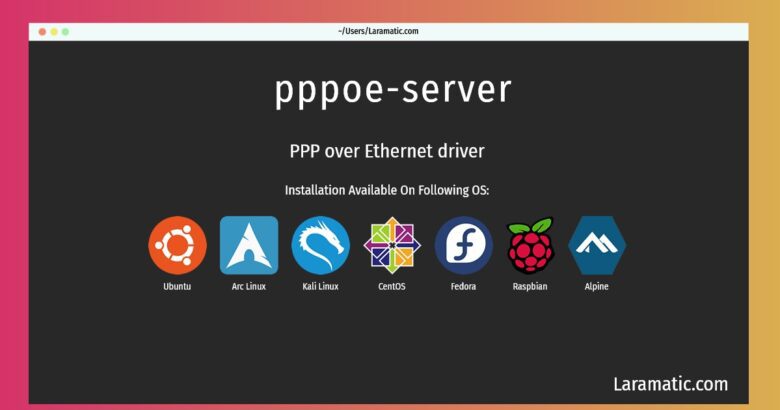How To Install Seccure-sign On Debian, Ubuntu, Kali And Raspbian?
Install seccure-sign
-
Debian
apt-get install seccureClick to copy -
Ubuntu
apt-get install seccureClick to copy -
Kali Linux
apt-get install seccureClick to copy -
Raspbian
apt-get install seccureClick to copy
seccure
tools for using algorithms based on elliptic curve cryptography (ECC)The seccure toolset implements a selection of asymmetric algorithms based on elliptic curve cryptography (ECC). In particular, it offers public key encryption / decryption and signature generation / verification. ECC schemes offer a much better key size to security ratio than classical systems (RSA, DSA). Keys are short enough to make direct specification of keys on the command line possible (sometimes this is more convenient than the management of PGP-like key rings). seccure builds on this feature and therefore is the tool of choice whenever lightweight asymmetric cryptography -- independent of key servers, revocation certificates, the Web of Trust, or even configuration files -- is required. The toolkit implements Diffie-Hellman key exchange, allowing you to agree a key with another party over an insecure channel. The Diffie Helman protocol affords forward secrecy, and requires no previous contact with the other party. The seccure toolset allows you to select the curve that the operations are performed on, so that different cryptographic needs can be supported. This is currently the only ECC package in Debian GNU/Linux to offer a choice of curves and MAC lengths. It is currently missing some of the functionality of the sks-ecc package, including encrypting to multiple recipients at once, and creating different signature formats.

